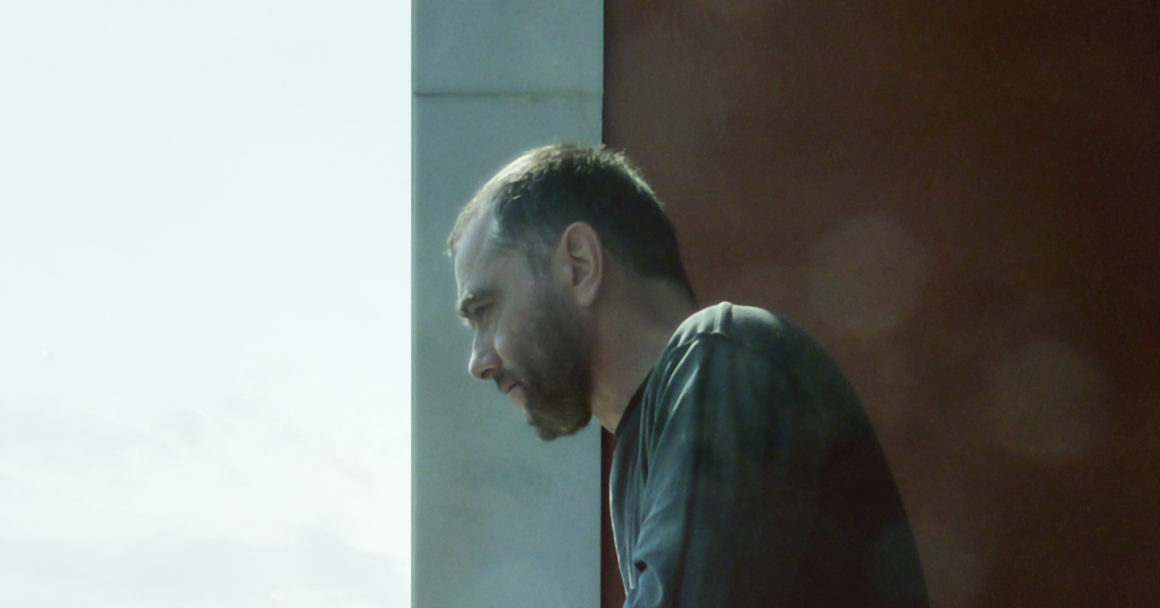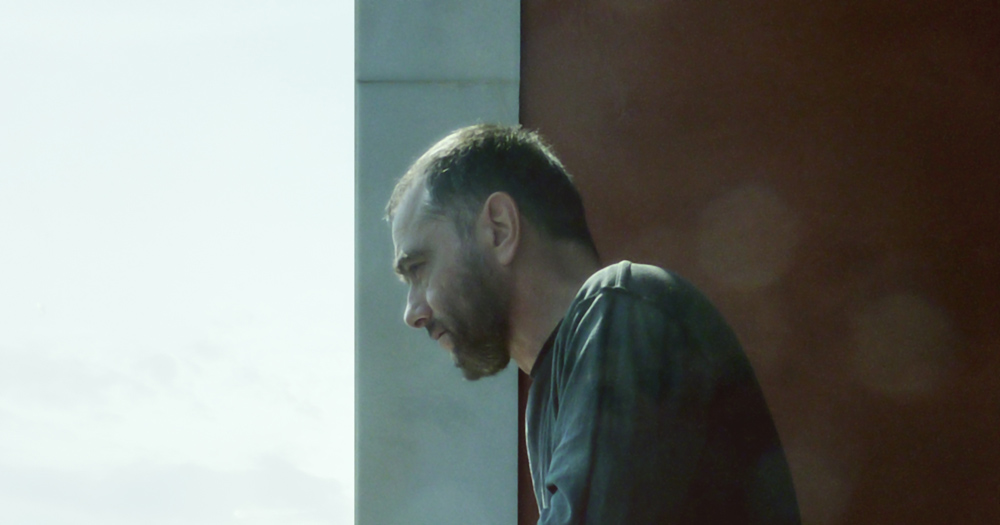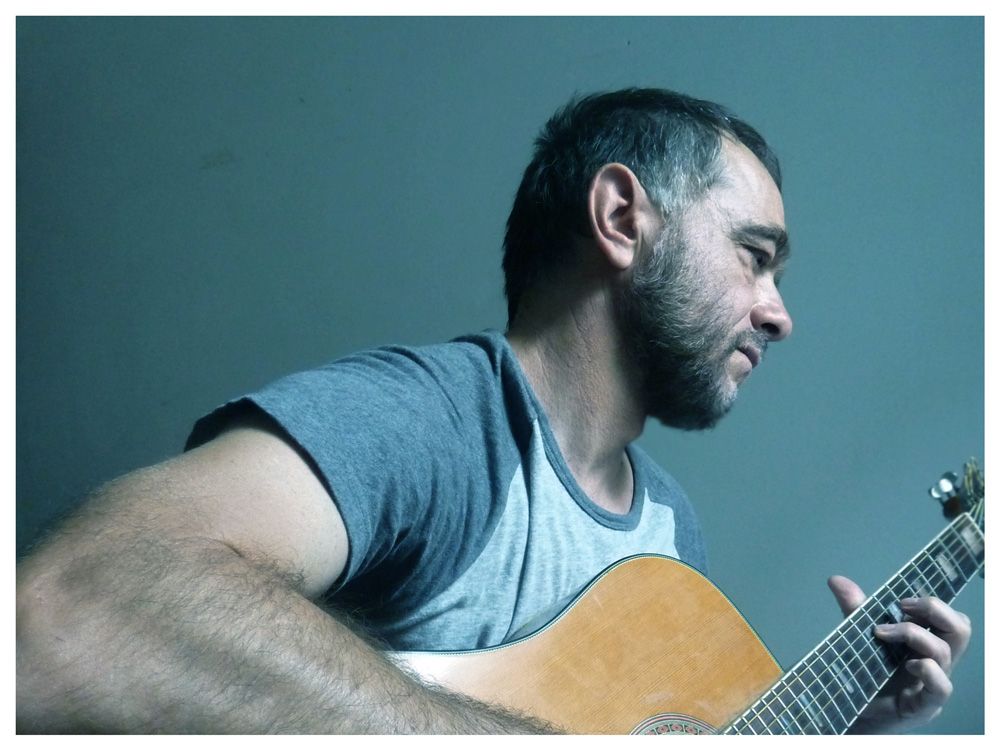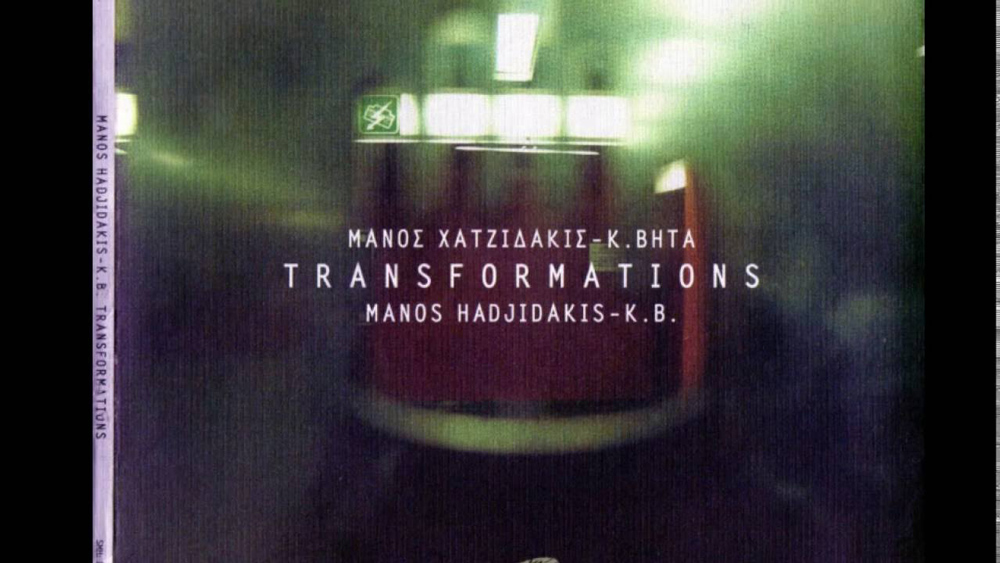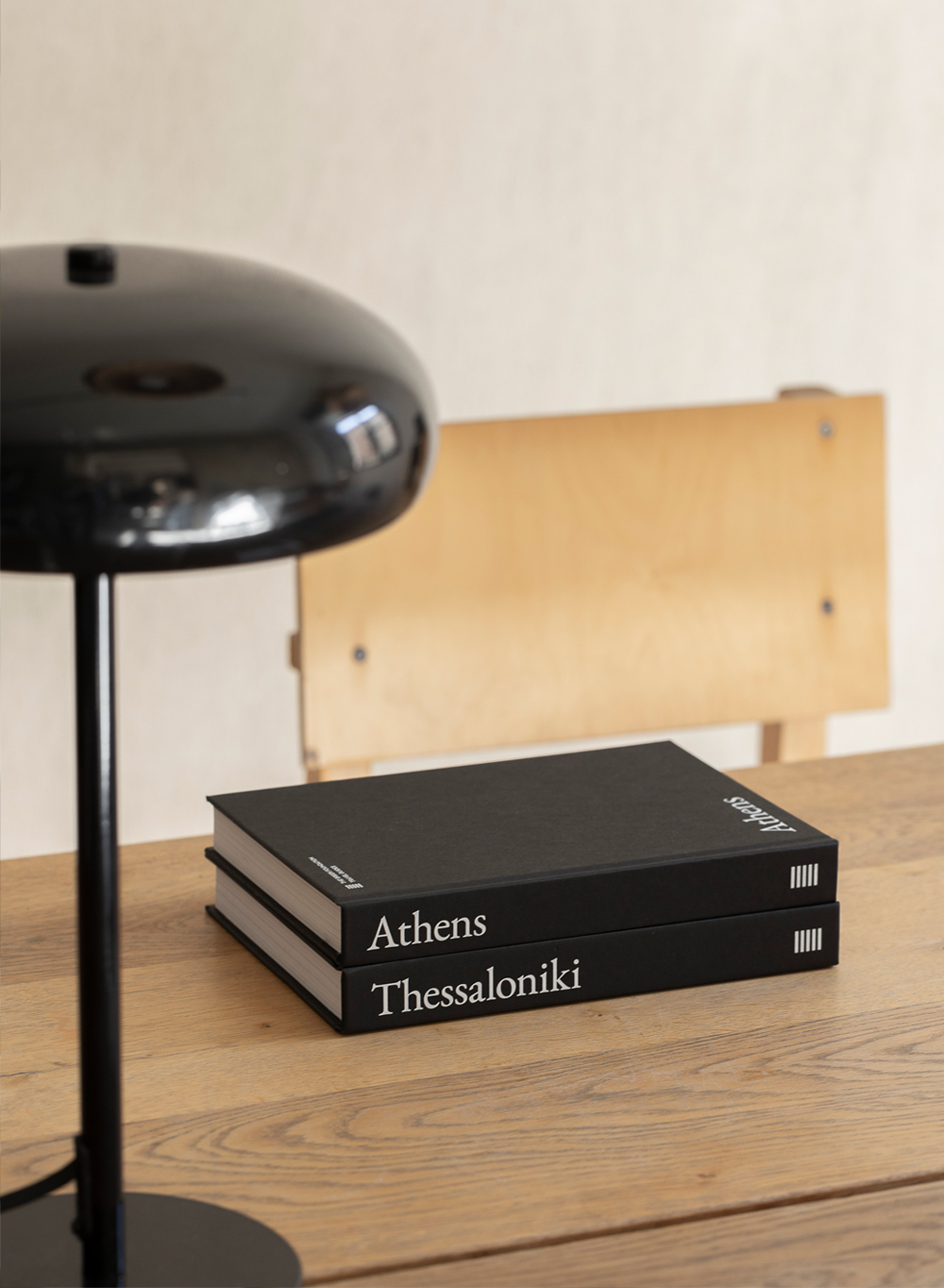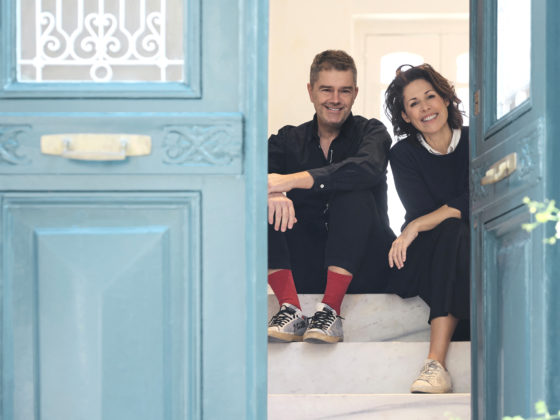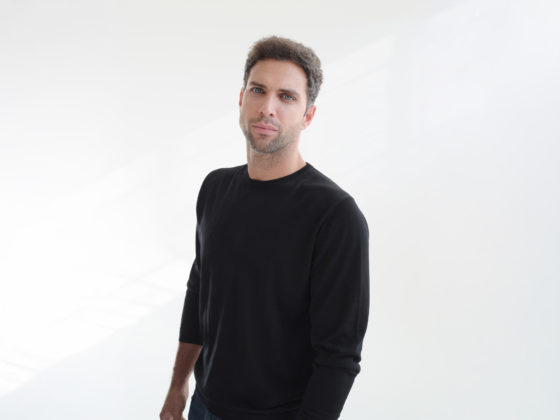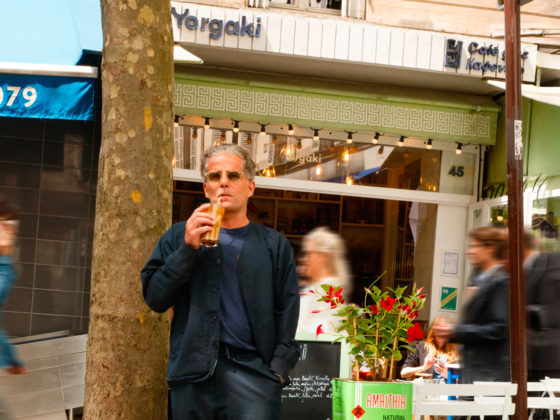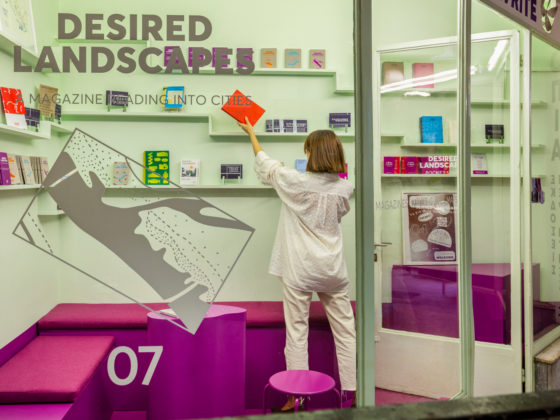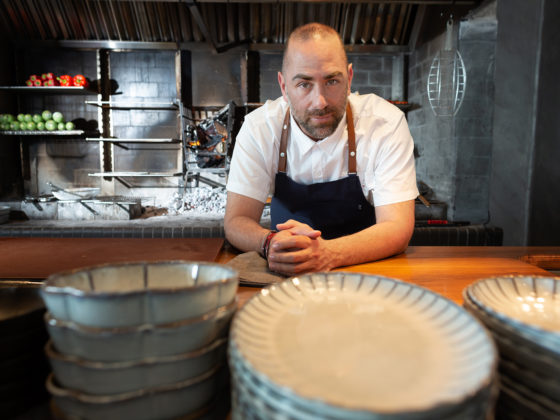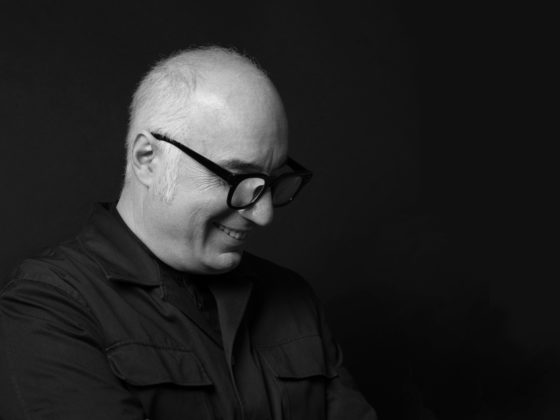K. Bhta is born on June 18, 1961 in Melbourne, Australia. He started his musical studies at the Palladio Conservatory. In 1980 he started studying Painting and Art History at Melbourne’s Prahran Institute. He returned to Athens and studied typography at the German School of Graphic Arts and Advertising. In 1992, he created the electronic band Stereo Nova and composed music for 5 albums. In 1996 the band broke up and he followed his own musical path, making 10 personal albums. He wrote music for documentaries, film and theater. He lives and works in Athens.
Why do you make music?
I am attracted to things that I think I can’t do. The reason why I started making music was because of a broken photocopier in 1989. I was on a night shift working alone in a printing shop, so I decided to start writing music. I didn’t know exactly what I wanted to do, all I had was a very old synthesizer at home. I worked there, then at Penthouse Magazine, doing various jobs and during summers I used to work in clubs, cafes and taverns. My favorite album at that time was Public Enemy’s “It takes a million to hold us back”. I decided to make music at a time when I was completely lost in my life. When I bought my first Atari and connected it to my synthesizer, I just couldn’t stop writing.
It was like getting on a spaceship.
I didn’t even eat, I made music all day. Sometimes, even now, this happens to me. I write a lot of music and I have a lot of unreleased songs.
How would you characterise your music?
I leave comments to others, I never think about it. I don’t know how to characterise my music. It’s like being asked to describe your own child; it would be so hard to answer. It’s easier to characterize a toy, a bucket, a ship or a ball. What I do is edit sounds until they are enough distorted and then pass them on to the samplers and create a layer. Music often acts as a complement in something you don’t know, it seems to be like an invisible puzzle. It may take a while for you to realize that you have many layers of sounds and that music is like a sandwich, in a way. This is the moment when you make the decision to become the boss at the sandwich shop.
What are your sources of inspiration?
I draw inspiration from scrap, broken materials or scattered thoughts and try to make a portrait through them. I try to identify who is sitting opposite me and slowly look at the symmetry of his face, then remember something else and come back to reality.
I don’t remember what happens when I write my songs. I like to let myself loose.
Many of my songs are made out of a need to find myself a place in the world. Sometimes inspiration is a matter that has subsided in me and that’s the way I approach my thinking or I would rather say the voice of my soul.
When do you usually write?
Mainly, I write when I sleep. I wake up in the middle of the night, I do not separate dreams from reality.
What does the art of painting mean to you? Are your two great loves – music and art – connected?
They are two different arts, for sure. In painting, I look at the world through colors. I paint things or situations that cannot actually happen. Over the recent years, I have been painting late at night. These two parts of my life require spending a lot of time. Since I have been involved with these two arts from a very young age, I no longer separate them, it is normal for me to be in between painting and music. That’s part of my daily routine.
Why Athens?
I grew up in Athens, this is my city and I love it. I have lived in many European cities for a long time but I still like Athens. Its sky, climate, the sea around it, there is a feeling that you cannot find in any other city in the world. I have been living in my village in the Peloponnese for some time in recent years. Sometimes I visit Mani and Eastern Peloponnese.
Stereo Nova days. What’s left from this period of time?
I don’t focus on the old days, I like what’s happening now. I can’t remember, it’s a time I hardly remember. It was a period that lasted for five years. It was a creative period obviously, we had a lot of concerts and at the end of it I was very tired. I was not made to do so many concerts. I remember I was a vegetarian and I couldn’t find food, I was missing my home. I remember the time we spent in the studio composing. We were closed in the studio, recording all night long. We used to go to night clubs and dance.
I had a constant grief and l was living in confusion, I think that those feelings were reflected in both my lyrics and actions back then. When we stopped, I felt happy. I started focusing on myself again.
Why do you choose to dress your music in Greek? How does the Greek language complement your music?
I think Greek is the obvious. I never really cared about the English language. Greek is the most beautiful language in the world. Βy the time I was 18 years old, I grew up with the ancient Greek language and I remember being annoyed when they announced that we would leave the multi-tonic code behind. At our house we had an old underwood multi-tonic typewriter.
For me our language is the definition of poetry. In my dreams I speak Greek, I think that’s what defines you.
Manos Hadjidakis’ work is characterised by a wholeness. What did you add to it with your “Transformations” project?
It was a proposal made by Manos’s son George in 1999 and completed in 2004. I remember we had met with George Hadjidakis in Ratka in Kolonaki where Dimitra Galani had the premiere of her album “Dance with My Shadow”. It was a weird, rainy noon. I was very pleased with the proposal and after a long time I began to think about the approach more seriously. It took me a few years to figure out what I wanted to do with it. It was a different reading, a workshop on Manos, on how to create new platforms, notes, erasures, pauses, frequencies on Manos’s work. That’s why it was named “Transformations” by George. It was a special project.
What has changed in your music career today? What’s your creative direction now?
I have a very loose relationship with my music, I try to listen to it and follow it wherever it wants to go. Sometimes I set boundaries and find myself on the edge of what I will do next. I like to have control over things. When I know what I want to do, then I can experiment. Because I’m fascinated by so many things and I’m usually lost, I like control.
My music is the way I understand things around me.
I look at the world through music; familiar and unfamiliar sounds. I don’t care about moving creatively towards a specific direction, I’m trying to hear the voice of my soul.
How much time do you spend creating a musical piece?
It can take two days, maybe four months or half a year, depending on the specifications or production process. My last mini lp took me a long time because of its specific sound. I like to work on it until the last minute. I have a relationship with every piece I make. All the musicians who are producers at the same time, are in love with details. It’s part of my job.
Ritsos. How does music relate to poetry? Did you aim on creating a new reading of his poems with the project “The World is One”?
For many years I wanted to make music for some of Ritso’s poems. I wanted to create something for this poet, who I loved so much. His poetry played a very important role to my art. This little work is my gift to this great poet. I wanted to bring these particular poems to light, to play with the colors of his poetry, the concepts and his thoughtful mood. I believe that the world needs poetry and essence. Globalization has removed us from the source of life itself and is trying in every way to lock us into an artificial, fictional world.
http://https://www.youtube.com/watch?v=BjE341G1PfM&feature=emb_logo
What is the most “Strange Time (Περίεργη ώρα)”?
Life in a fictional world, the distancing from essence and truth. We live in speeds that we cannot assimilate and when we cannot assimilate our reality and experience consciously the stages of love, then we become sick. I play with the symbolism through my music and lyrics. I think it’s a way to talk about what’s going on without getting raw and harsh through my songs. The world needs a gentle approach because everyday life is terribly difficult. Today, people are sensitive and overreacting at the same time, more than ever. I think this is what defines our time.
http://https://www.youtube.com/watch?v=bsJtC2eTes0
Recently in an interview someone mentioned your name as one of the people that express “fine” Greek culture through their work.
It’s what people think. It happens sometimes; people say kind words for someone. I’m a fairly neutral person and I’m not impressed at all, all I know is that life is a daily struggle. I try to show understanding, patience and respect in order to create the touchstone for the “obvious”.
You are aware that there is an ongoing war on earth to prove the self-evident.
Do you believe that you contribute with your work to the creation of modern “fine” Greek culture?
I believe in what I can do on a daily basis, in love, in understanding and respect, for which I struggle through my music and my life.
Love. What does this word mean for K.Bhta?
To understand my deep needs, the essence of my being, the why I am here, to reveal the voice of my soul; and after having embedded it in myself, offer it to myself and pass it on to the person next to me.
This is the kind of love I believe in; love is a daily struggle for forgiveness.
